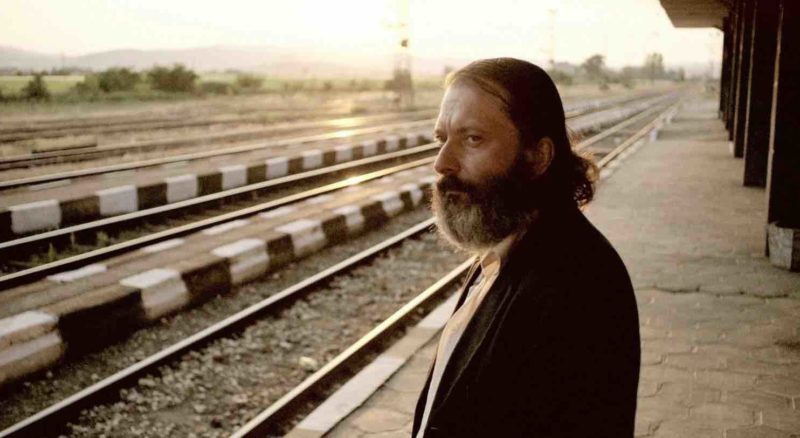INTERVIEW: ‘Glory’ features bureaucratic nightmare that centers on old wristwatch

Glory, which is currently playing New York City’s Film Forum, surrounds a man who finds fistfuls of money on the train tracks and how his decision to go public with the discovery changes his life. The bureaucratic nightmare that ensues serves as a stirring cautionary tale and a clear example of what happens when governments turn corrupt and the individual is forgotten.
Glory, directed by Kristina Grozeva and Petar Valchanov, reunites the filmmakers with a team of actors, all of whom worked on 2015’s The Lesson, which also played the Film Forum. The films star Stefan Denolyubov and Margita Ghoseva.
Recently, Hollywood Soapbox exchanged emails with the directors about this tale of a railroad worker in search of his watch in Bulgaria, which is actually based on a real-life news story. Questions and answers have been slightly edited for style. The directors jointly answered the questions.
How did you first hear about this news story?
From the news, obviously. It was quite a big thing. They even gave the real-life linesman a Man of the Year award back then. However, the memory of the case had gone faint, and then years later, we came upon an interview with him, where he’d reflect on these past events, saying if he happened to find the money again today, he’d just pass them by, ignore it, let somebody else care about it. He didn’t elaborate on where this bitterness came from, but it was enough to get our imagination going.
Did you immediately see a story worth telling cinematically?
We immediately saw the potential. In the beginning, we never know what the story is going to be exactly. This one underwent a few transmutations before reaching its final form, which you experience on the screen.
The group of actors and filmmakers is the same one that worked on The Lesson. What do you find so creatively inspiring about working with one another?
We shot The Lesson on a no-budget basis, so we had to rely on friendship and mutuality and the common belief in a cause. Luckily, the film was successful, and everyone got their paycheck in the end. So don’t hurry to accuse us of exploitation. Also because of the essence of the story, we did the film with a very small crew, which is probably why we managed to keep the process focused and efficient. We wanted very much to try and recreate the same working atmosphere on the set of Glory. That’s why we went for the same crew — because we knew what to expect. And it worked out for the most part. Regarding the actors, we’ve been working with them long enough to be able to understand each other just from a gesture or a look. And, of course, we loved the idea of Margita and Stefan “switching sides” for this film.
What do you think this story says about deeper themes in society and bureaucratic government?
We think this story represents the absurdity that we’re living every day, the one that arises from the substitution and exploitation of human values, which is a story you come by very often in contemporary Bulgaria and unfortunately not only there. With a few notable exceptions, social inequality is all around the globe. Bureaucratic government is the same everywhere, and justice is rarely on the side of the common person.
Do you feel audiences in Bulgaria and the United States will interpret the film in the same way?
From the international reactions to the film so far, and that includes the screenings at the Hamptons and Boulder film festivals, we can say that it obviously strikes a common vein everywhere. Maybe with the exception of some details, which are typically Balkan, the story — much to our luck — seems to be perceived as universal.
By John Soltes / Publisher / John@HollywoodSoapbox.com
Glory, directed by Kristina Grozeva and Petar Valchanov, is currently playing New York City’s Film Forum. Click here for more information.

